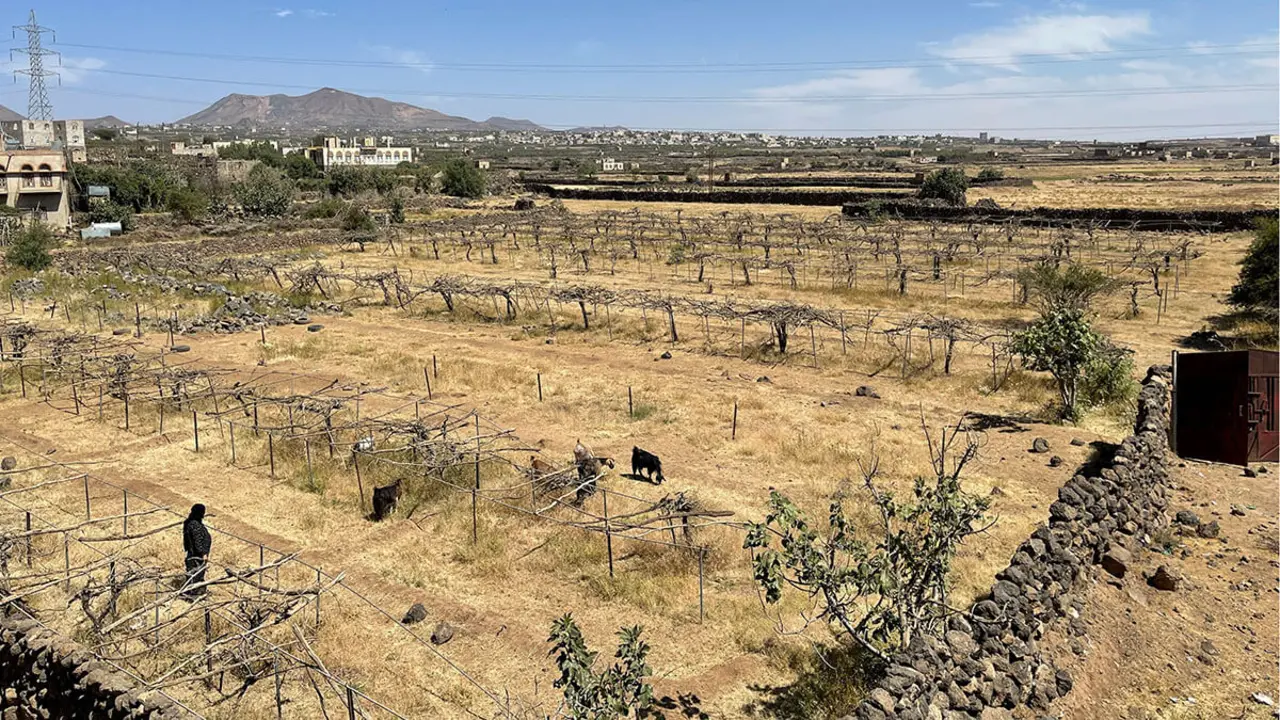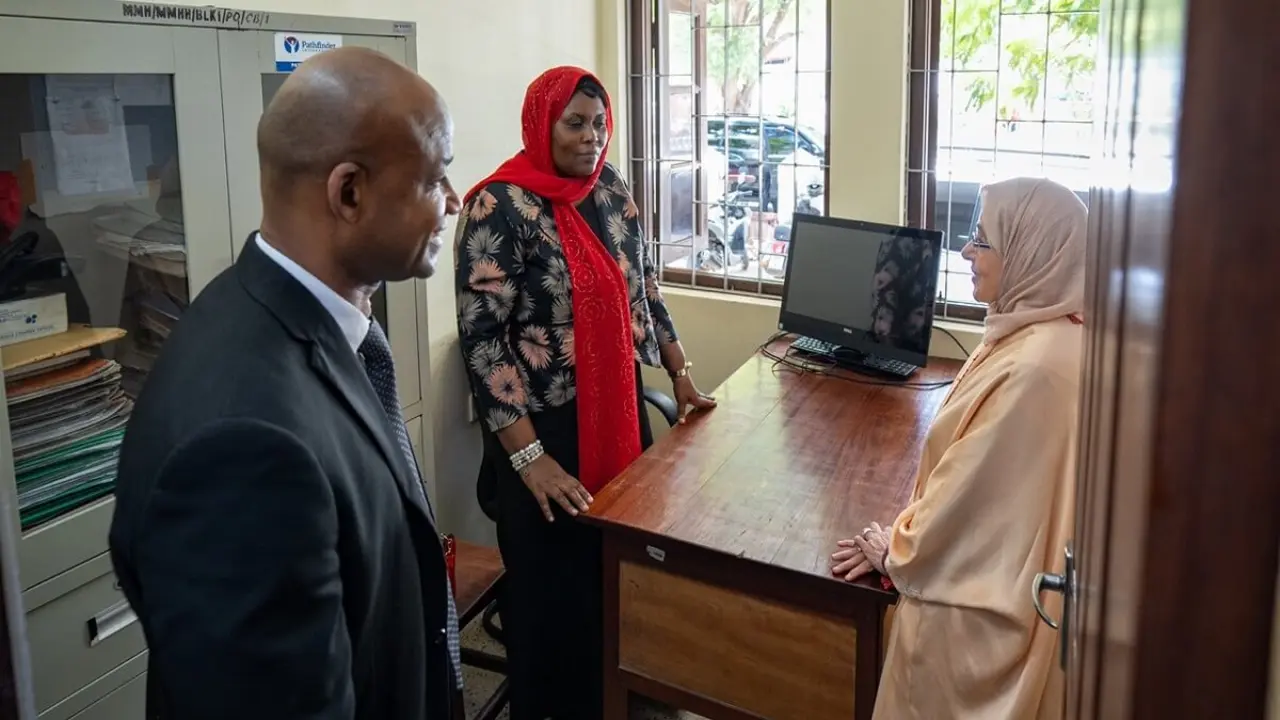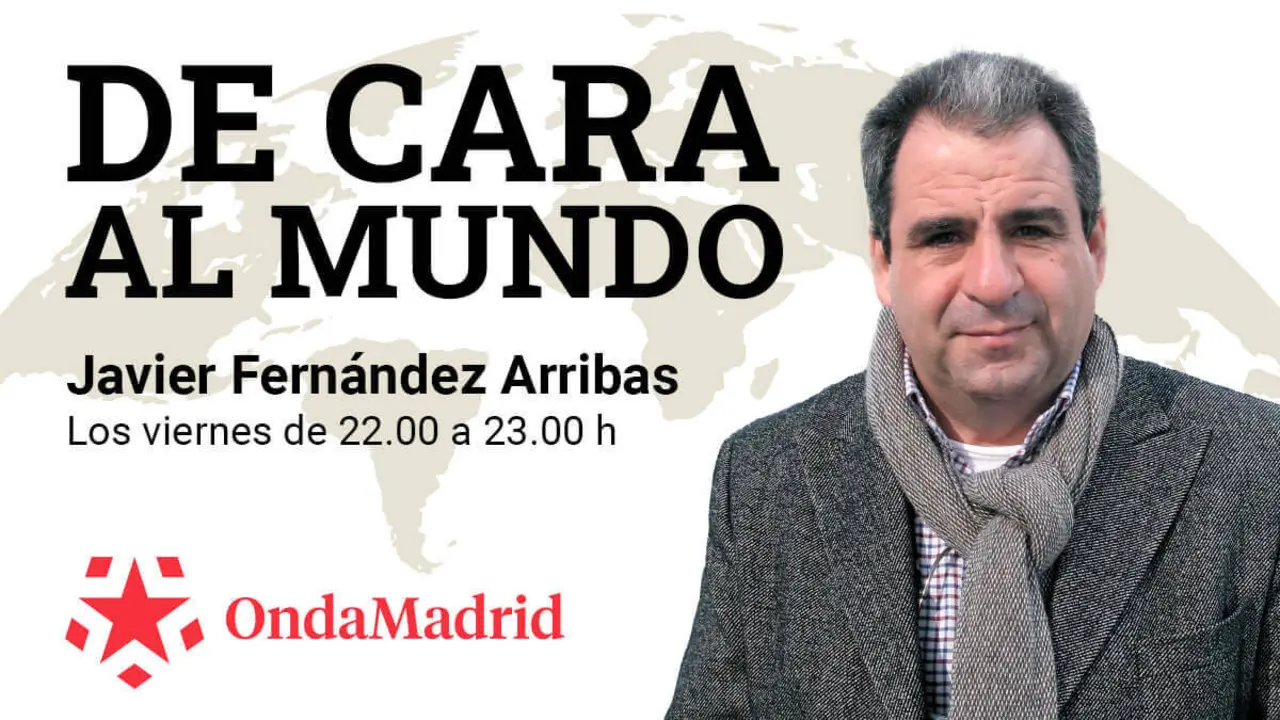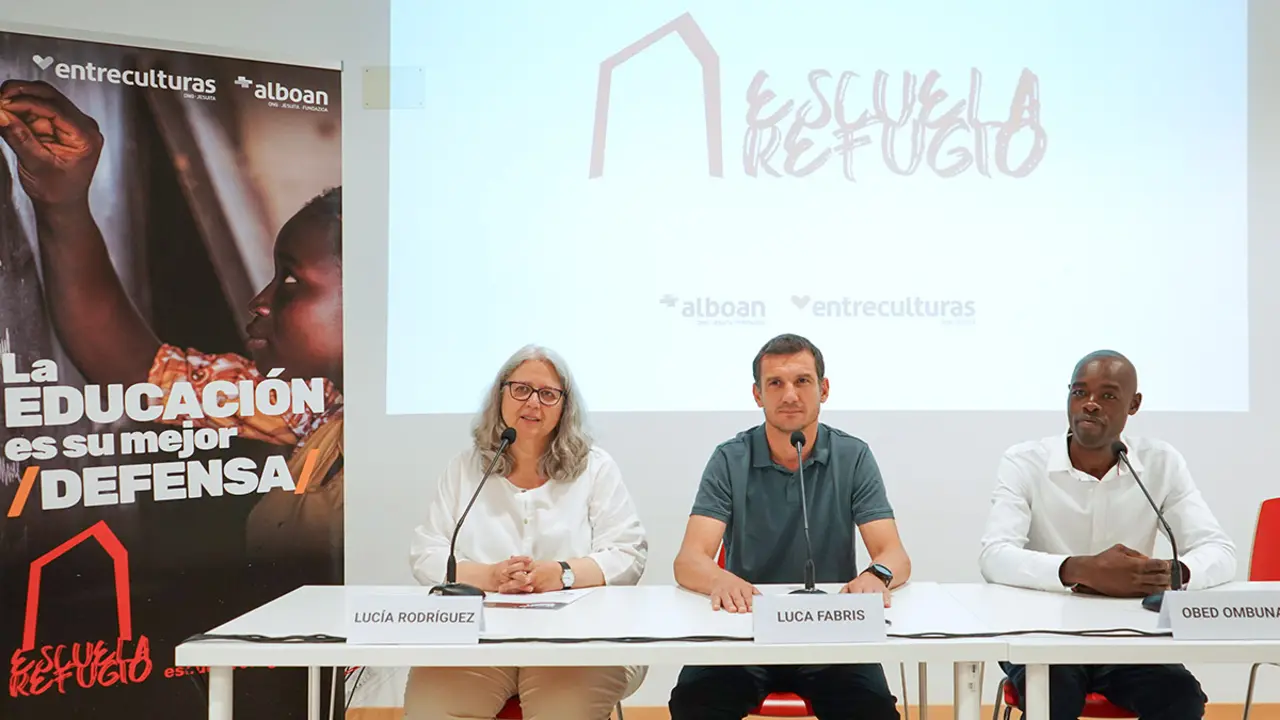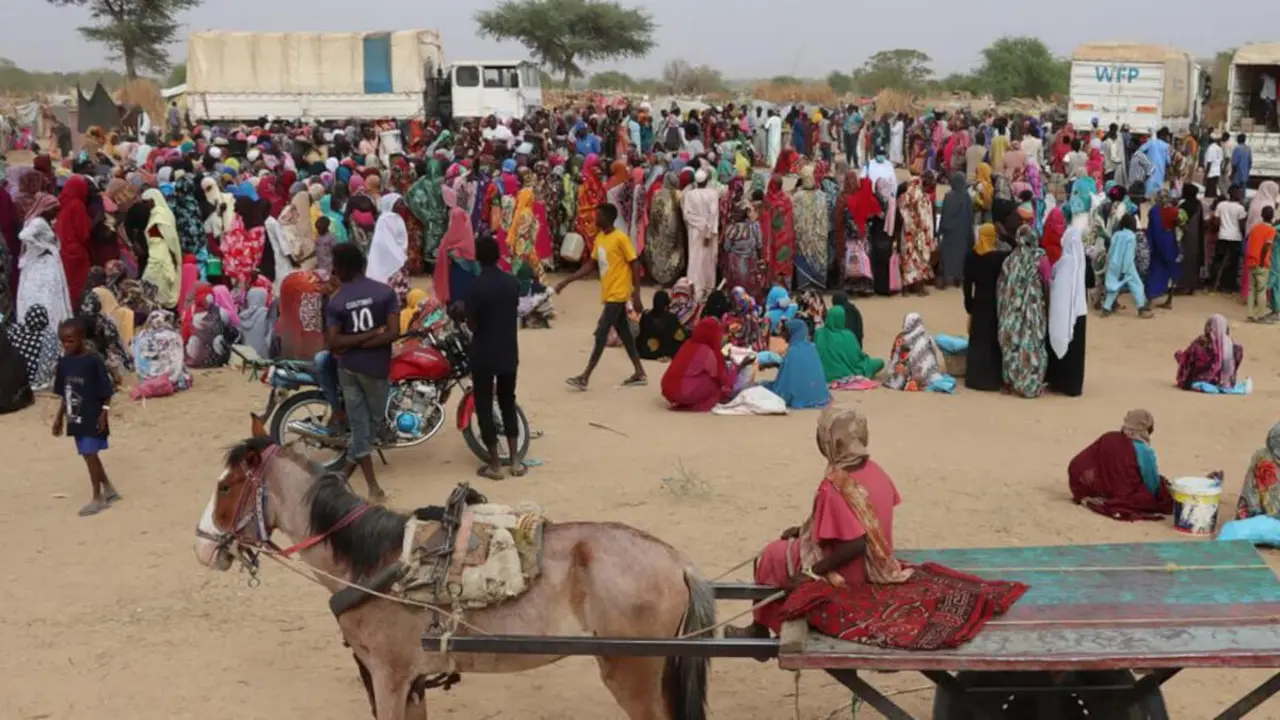Rabinovich: ‘Immunotherapy could treat all diseases with an inflammatory background’
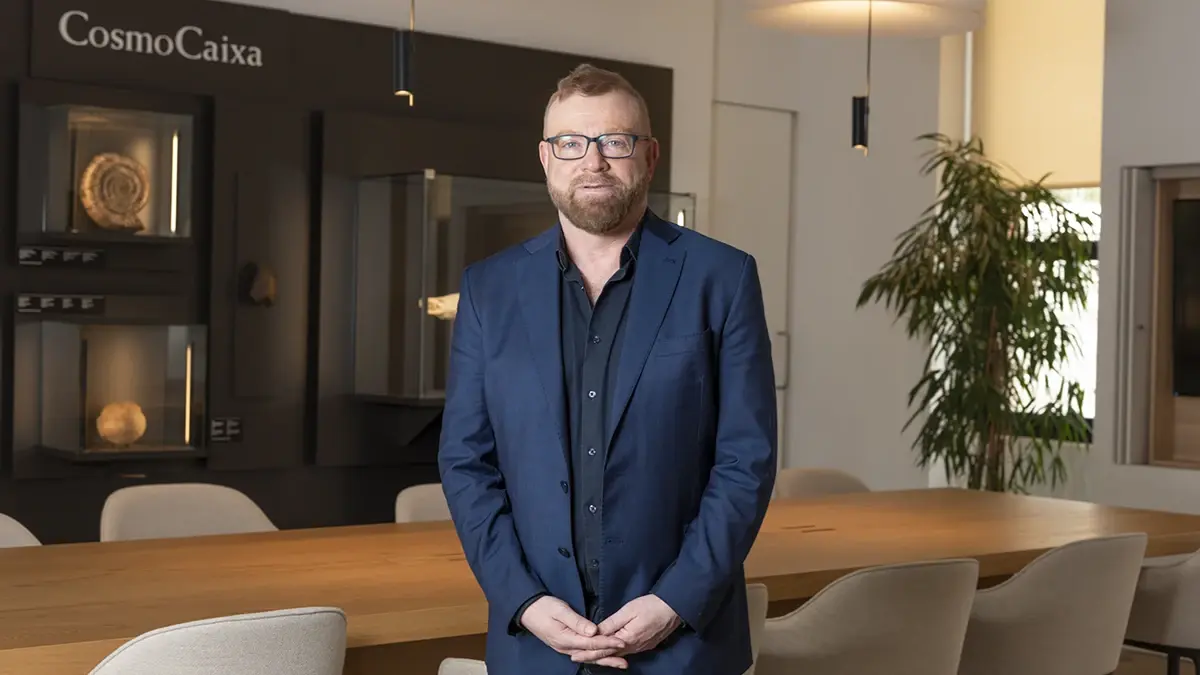
In his parents' pharmacy in Córdoba (Argentina), Gabriel Rabinovich realised as a child that his vocation was linked to people's health and well-being. His research into the role of galectins in the immune system, which has opened up new avenues for treating cancer and autoimmune diseases, has established him as an international leader in his field. Now, the biochemist faces a new challenge: leading one of the research groups at the CaixaResearch Institute, Spain's first research centre specialising in immunology.
Were you interested in science as a child? Did you have any role models?
My parents had a pharmacy in the city of Córdoba (Argentina) and I helped them organise the medicines and saw the patients who came in. I remember saying to my father: ‘I want to do something related to health to improve patients' lives’. I was also influenced by two biology and chemistry teachers in secondary school who made me fall in love with science. And when I turned 13, my sister Sandra gave me Carl Sagan's book Cosmos. This sentence stuck with me: ‘Whatever path we take, our destiny is inextricably linked to science. It is essential for our very survival that we understand science. Moreover, science is a delight; evolution has made us such that understanding gives us pleasure because those who understand have a better chance of surviving.’
What is your main motivation as a researcher?
For me, doing research means discovering in order to transform knowledge, the world and society. It means providing opportunities: opportunities for students to train, opportunities for patients to improve their conditions, and the opportunity to introduce new, original knowledge into the universal knowledge base.
What role do sugars (glycans) play in the life of our cells?
When we were studying biological chemistry, we were told that sugars were decorative elements of cells that formed the so-called glycocalyx. For years, we thought they had no function. Today we know that they contain key biological information that can be deciphered by proteins called lectins that bind to them. By binding to these sugars in a specific way, depending on the type of sugar and its configuration, they tell those cells what to do, whether to proliferate, die or differentiate.
And what is their role in the immune system?
Our immune system normally reacts to microbes, bacteria, viruses, parasites, fungi, or tumours. But there comes a time when the immune response of those billions of lymphocytes that have already reacted has to return to normal; otherwise, we run the risk of developing an autoimmune disease, such as rheumatoid arthritis, multiple sclerosis, diabetes, etc. We discovered that a protein in the galectin family, galectin 1, has the ability to decode sugars in lymphocytes, immune system cells or endothelial cells, and promote immune and vascular programmes. When the immune response reaches a peak, galectin 1 is responsible for rebalancing the immune system.
Based on this finding, we have been able to create a therapeutic platform based on galectin 1 that eliminates lymphocytes that are causing damage, for example, to the joints in rheumatoid arthritis, to the myelin sheaths of the brain in multiple sclerosis, or to the pancreas in diabetes.
Did this finding have other implications?
We observed that as tumours grow, they appropriate this protein and, when a lymphocyte goes to damage them, they produce galectin-1 to eliminate it and evade the immune response. In other words, galectin-1 is good in some cases (during pregnancy or to resolve the inflammatory response), but harmful in the case of cancer.
And in the case of tumours?
Observamos que, al crecer, los tumores se apropian de esta proteína y, cuando un linfocito va a dañarlos, producen galectina 1 para eliminarlo y evadir la respuesta inmune. O sea, que la galectina 1 es buena en algunas ocasiones (durante el embarazo o para resolver la respuesta inflamatoria), pero es dañina en el caso del cáncer.
Have you been able to treat these tumours?
We designed a monoclonal antibody that neutralises galectin 1 and, in experimental models of different types of tumours, we were able to eliminate it to increase the immune response. It also prevents the formation of blood vessels, so the tumour stops receiving oxygen and nutrients, thus slowing its growth.
Could this type of drug represent the definitive cure for certain types of cancer?
I would prefer to talk about treatment. In the case of immunotherapy, there has been a huge revolution in recent decades. Before, no one thought that stimulating the immune response to a tumour could be the secret to eliminating it: the emphasis was on chemotherapy and radiotherapy, focusing on the tumour cell. Today, the focus is on the microenvironment, and if we consider that galectin-1 modulates different components of that microenvironment, this suggests that blocking it could modulate tumours, including many that are resistant to immunotherapy. And this is what we are seeing in experimental models. One of the tumours in which it is proving most successful is colorectal cancer, but we have extrapolated it to a wide variety of tumours.
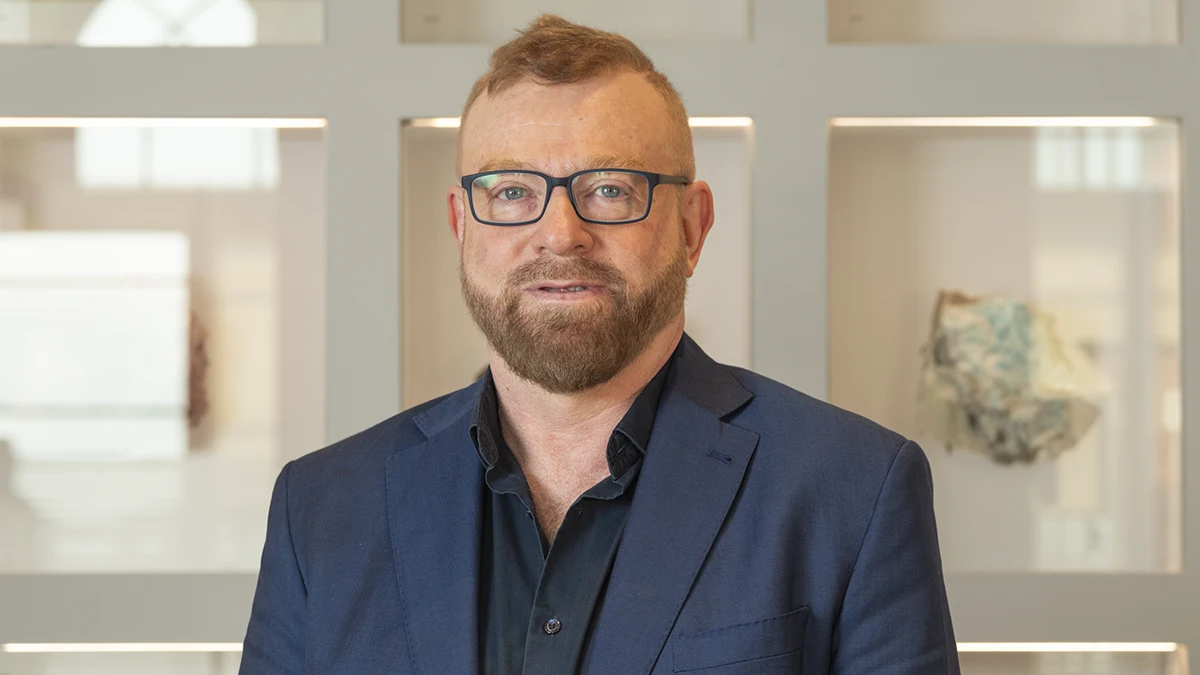
At the end of 2024, it was announced that your team was one of the first research groups at the new CaixaResearch Institute. What impact could this new model of centre have on the scientific research landscape in Spain?
It is a unique model. Its uniqueness lies in the fact that it will be entirely dedicated to immunology, and today immunotherapy is providing solutions to many diseases that were previously treated by specialists. Beyond infections or pathogen-host interaction, immunotherapy provides solutions in neurology (applied to Alzheimer's disease and multiple sclerosis), cardiology (by inhibiting the inflammatory response in cardiovascular diseases), endocrinology and, of course, cancer. Today, we know that immunotherapy can be used to treat each of these diseases because they have an inflammatory background. In fact, ageing itself brings with it underlying inflammation, and if we understood it more deeply, we could age more healthily.
The CaixaResearch Institute promises to be a flagship for quality production and, on the other hand, for the transfer of all this knowledge to generate new products and contribute to society as a whole. And the backing of the ”la Caixa” Foundation is a great guarantee.
What will your team be working on?
We are going to study the coordinated action of what we call glyco-checkpoints, which are these interactions between lectins and glycans, to understand how they regulate immune diseases. Our research will have three strands: cancer, autoimmunity (especially neurodegenerative diseases) and infections (pathogen-host interactions).
Why did you consider Barcelona and this centre in particular to be the best place to carry out your research and advance the clinical phase of your projects?
The generation of new knowledge must be linked to a whole structure so that this knowledge can reach people, train human resources and begin to reach the youngest members of society. Barcelona has a well-maintained and integrated ecosystem of science, technology and innovation, which is not the case everywhere. At the CaixaResearch Institute, we will also have a great opportunity to collaborate with other institutes and do science collectively.
What will treatments for cancer and autoimmune diseases look like in the next decade?
Precision medicine is revolutionising the way these diseases are treated because it allows us to identify which patients will benefit from each treatment. My hope is that in the future we will no longer have to tell patients, ‘There are no more options.’ Because in those who develop resistance to a particular treatment, we will be able to identify the reason for that resistance and develop a new ad hoc drug. The interaction between the doctor and the researcher will be fundamental. Hence the importance of the CaixaResearch Institute and collaboration with other hospitals to create a fluid dialogue with doctors.




